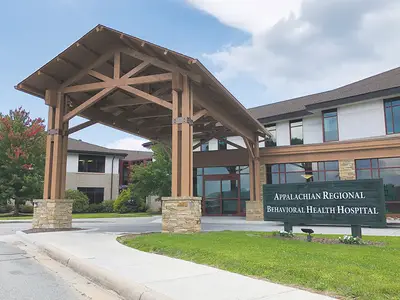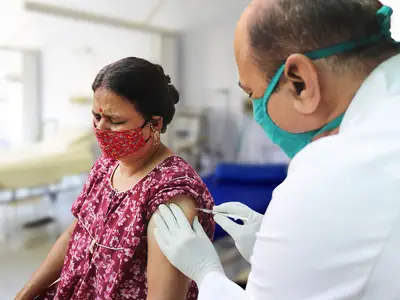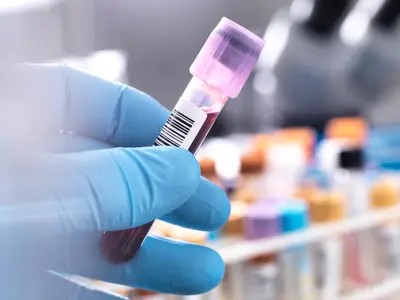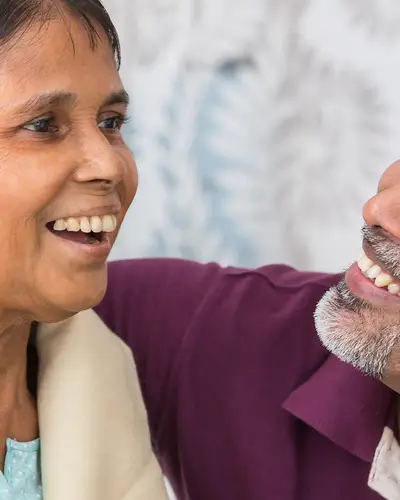Accelerating cancer research, evaluating care models, and promoting prevention and early detection to reduce cancer deaths and improve the quality of oncology care
According to the National Cancer Institute, approximately 40% of men and women will be diagnosed with cancer in their lifetime. What must the future of cancer research and therapeutic discovery look like to combat this growing global disease? How can we improve the patient experience for people who have cancer? And how can we leverage shared data and ensure participation in clinical trials to find effective treatment for all? Cancer prevention efforts require clear communication to high-risk populations with added emphasis on screening practices to improve early detection and diagnosis. Understanding and removing barriers to care ensures access to diagnostic services and support, while evaluating care models and the cost-effectiveness of care programs improves quality of care delivery and lowers costs.
By improving data sharing and expanding cross-agency collaboration and public–private partnerships, we can increase the potential for faster, novel discoveries. Large, complex datasets, such as those of the Centers for Disease Control and Prevention’s National Program of Cancer Registries, require a considerable amount of work to decode, interpret, and contextualize findings. From serving as a coordinating center for multisite studies to managing therapeutic trials, RTI has experience developing effective treatments and bringing them to the market. Our diverse team of experts implements evidence-based approaches and evaluates solutions in every facet of cancer research and care.
See the impact of RTI’s cancer work below and contact us to learn more about how we can support you in improving oncology care and reducing cancer deaths.
Evaluating Care Models
Cancer touches every aspect of a patient’s life; their support system, financials, mental health, and access to care all factor into the patient-centered care (PCC) experience. A significant portion of those diagnosed with cancer are aged 65 or older, a group that is medically complex and high risk. The Centers for Medicare & Medicaid Services has tasked RTI with monitoring the Oncology Care Model, an episode-based payment model that financially incentivizes high-quality, better-coordinated cancer care through two forms of payment to participating practices: monthly enhanced oncology service payments and the potential for performance-based payments based on high-quality, lower cost care.
The Oncology Care Model currently includes approximately 130 participating chemotherapy centers, practices that range in size from a single oncologist to large practices. Participating chemotherapy centers must adhere to five pillars of care:
- providing enhanced patient navigation and care coordination services
- increase patient access to providers 24 hours a day, 7 days a week
- have conversations with their patients about the expected total cost of care for their cancer treatment
- document that they provide cancer treatment that meets nationally recognized clinical guidelines
- use data to drive continuous quality improvement.
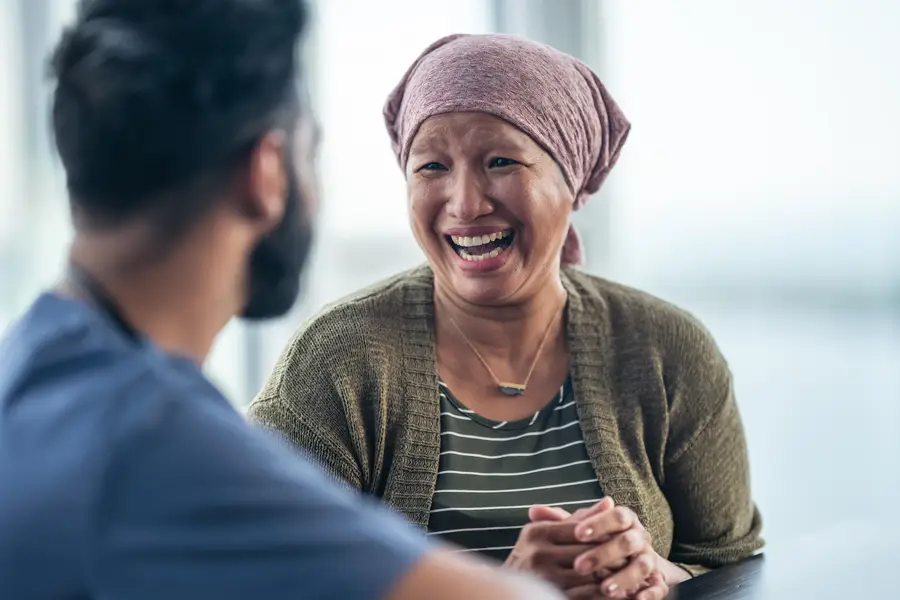
Accelerating Cancer Research
A Publicly Available Tool for Assessing Six Domains of Patient-Centered Communication
Patient-centered care (PCC) is an approach that considers the patient’s needs and values, builds a strong relationship with care professionals, and involves the patient in care decisions to help them navigate the course of cancer care. Our partners at the University of North Carolina at Chapel Hill and the patient advocacy group Fight Colorectal Cancer have found a link between PCC and greater patient satisfaction, treatment adherence, and quality of life. RTI and our partners have designed the Patient-Centered Communication in Cancer Care instrument. The tool helps researchers determine whether and how improvements in PCC translate into better health outcomes.
Professionals are able to evaluate six domains:
- Exchanging Information
- Making Decisions
- Fostering Healing Relationships
- Enabling Patient Self-Management
- Managing Uncertainty
- Responding to Emotions
Partner with Us
We are looking forward to hearing about your project and identifying how our team of experts can help!
Related Projects
Using Toenail Clippings to Assess the Impact of Metals in Relation to Breast Cancer
Read More about Using Toenail Clippings to Assess the Impact of Metals in Relation to Breast Cancer






